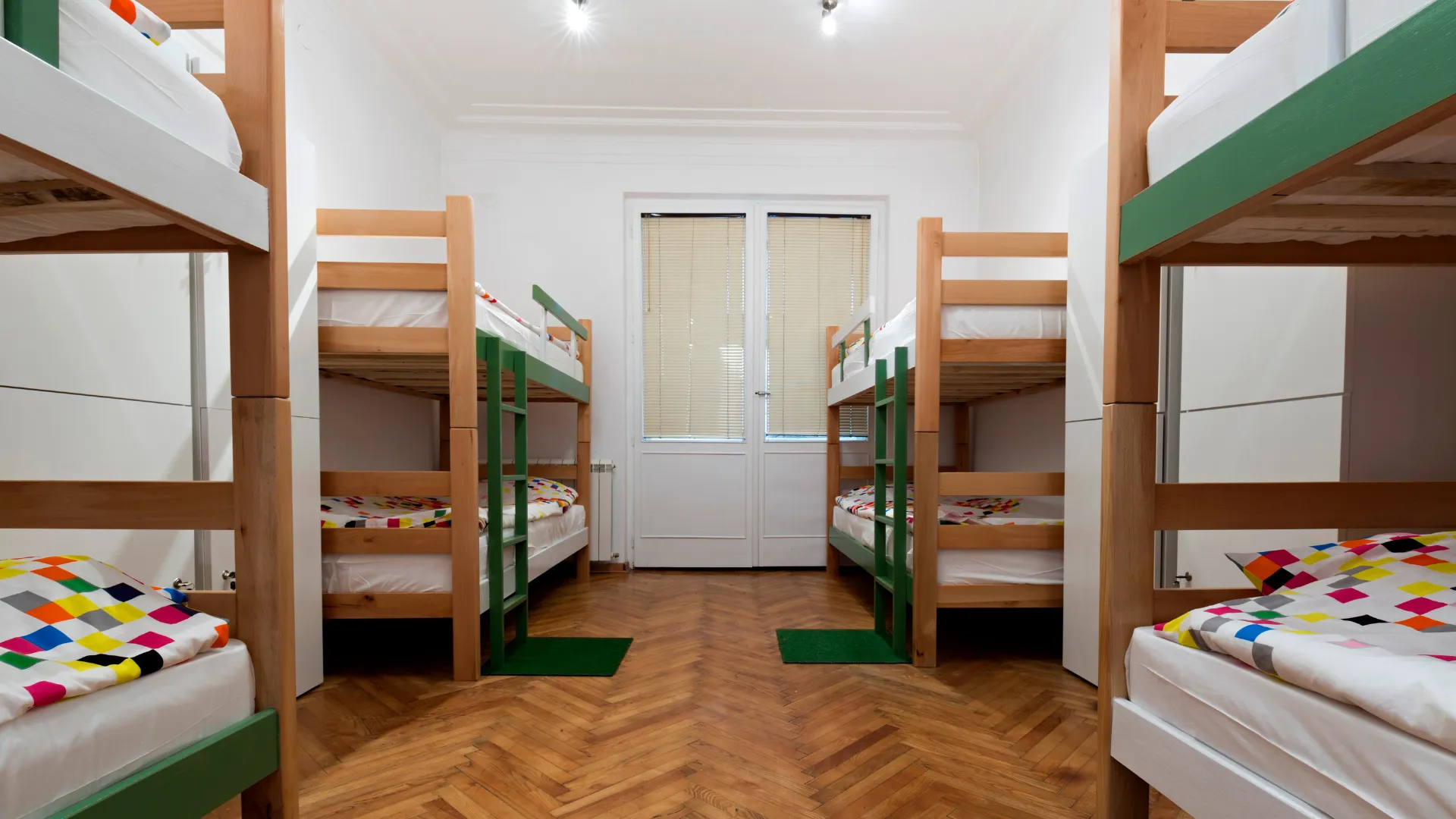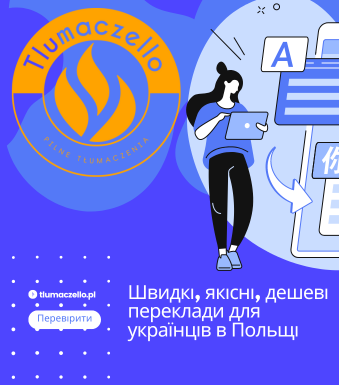Challenges Faced by Southeast Asian Migrants in Poland—and Support Systems Available

Poland, increasingly a hub for economic migration within Europe, has seen a growing influx of workers from Southeast Asia in recent years. Drawn by promises of higher wages and better opportunities, these individuals often face a stark contrast between the advertised benefits and the lived realities upon arrival. This article delves into the multifaceted challenges encountered by Southeast Asian migrants in Poland, examines the existing support systems available, and analyzes the industries where their labor is most in demand, questioning whether Poland truly offers the opportunities promised or perpetuates a system ripe for exploitation. We argue that while sectors like manufacturing and logistics benefit from this influx, the systemic issues surrounding integration and worker protection require urgent attention.
Exploitation or Opportunity? Migrant Realities in Poland
The narrative surrounding migration to Poland often focuses on economic opportunity, promising a better quality of life and improved financial stability for migrants. However, this glosses over the vulnerabilities inherent in the system. Many Southeast Asian migrants arrive burdened by debt incurred through recruitment agencies, rendering them susceptible to exploitative labor practices from the outset. The power imbalance between employer and employee is further exacerbated by language barriers and a lack of awareness regarding their rights under Polish law.
Furthermore, the promise of higher wages can be misleading. While nominal salaries might appear attractive compared to wages in their home countries, the cost of living in Poland, particularly in major cities, erodes the actual purchasing power. Hidden fees, deductions for accommodation (often substandard), and limited opportunities for overtime can drastically reduce take-home pay, leaving migrants struggling to meet their financial obligations. This financial precarity makes it difficult for them to challenge unfair treatment or seek alternative employment, trapping them in exploitative situations.
Ultimately, the reality for many Southeast Asian migrants in Poland is a complex mix of both opportunity and exploitation. While some may find genuine advancement and achieve their economic goals, a significant portion experiences substandard working conditions, wage theft, and limited access to legal recourse. The crucial question is whether Poland is proactively addressing the systemic vulnerabilities that allow exploitation to flourish, or if the allure of cheap labor outweighs the ethical imperative to protect migrant workers’ rights.
Dismantling the Facade: Challenges for Southeast Asians
The façade of economic prosperity and opportunity in Poland crumbles upon closer examination of the specific challenges faced by Southeast Asian migrants. Language barriers present a significant obstacle to integration and accessing essential services. Without adequate Polish language skills, migrants are often relegated to low-skilled jobs and struggle to navigate the bureaucratic processes necessary for obtaining legal residency and accessing healthcare. This linguistic isolation further limits their ability to advocate for themselves and report instances of abuse or exploitation.
Beyond language, cultural differences can lead to misunderstandings and even discrimination in the workplace. Unfamiliarity with Polish customs and social norms can create tension with colleagues and supervisors, leading to feelings of isolation and marginalization. Moreover, some employers exploit these cultural differences, imposing unreasonable demands or taking advantage of migrants’ perceived lack of assertiveness. This cultural divide often reinforces existing power imbalances and hinders integration into Polish society.
Finally, the lack of access to culturally sensitive support services further exacerbates the challenges. While some NGOs offer assistance to migrants, their resources are often limited, and they may not be equipped to address the specific needs of Southeast Asian communities. This includes providing culturally appropriate mental health support, legal advice tailored to the specific experiences of Southeast Asian migrants, and language assistance in their native tongues. This absence of targeted support leaves many migrants feeling isolated and unsupported in navigating the complexities of their new lives.
Poland’s Labour Market: A Mirage of Opportunity?
Poland’s labor market presents itself as a land of opportunity for foreign workers, particularly in sectors struggling to fill vacancies with Polish nationals. However, this perceived opportunity can be a mirage, masking underlying issues of precarious employment, low wages, and limited career progression for many Southeast Asian migrants. While demand exists, it’s often concentrated in roles considered undesirable by locals, such as factory work, cleaning services, and seasonal agricultural labor.
The reliance on temporary contracts and agency work further contributes to the precariousness of employment. Migrant workers are often employed through agencies that act as intermediaries, extracting a significant portion of their wages and offering little job security. These temporary arrangements often lack benefits such as health insurance, paid sick leave, and pension contributions, leaving migrants vulnerable in the event of illness, injury, or unemployment. This system allows employers to easily dismiss workers without cause, further undermining their labor rights.
Consequently, the promise of long-term career prospects often remains unfulfilled. Many Southeast Asian migrants find themselves trapped in low-skilled, low-paying jobs with limited opportunities for advancement. The lack of access to training and development programs, coupled with systemic discrimination, prevents them from acquiring the skills and qualifications necessary to move into higher-paying positions. This creates a cycle of economic dependency, perpetuating the perception of migrant workers as a source of cheap labor rather than valuable contributors to the Polish economy.
Navigating Bureaucracy: A Harsh Reality for Migrants
The Polish bureaucratic system presents a formidable challenge for Southeast Asian migrants, often proving to be a major obstacle to securing legal residency, accessing essential services, and integrating into society. The complex and often opaque regulations surrounding immigration and employment can be difficult to understand, even for native Polish speakers. This lack of clarity, compounded by language barriers, leaves migrants vulnerable to exploitation by unscrupulous individuals claiming to offer assistance with paperwork.
The process of obtaining necessary documents, such as work permits and residency permits, is often slow and inefficient, requiring extensive paperwork and multiple visits to government offices. The bureaucratic hurdles can be particularly daunting for migrants who lack familiarity with the Polish system or who face discrimination from public officials. Delays in processing applications can lead to periods of undocumented status, making migrants even more vulnerable to exploitation and reducing their access to essential services.
Furthermore, the lack of accessible and reliable information about migrants’ rights and obligations within the bureaucratic system exacerbates the challenges. Government websites and information centers often lack materials in languages spoken by Southeast Asian migrants, and it can be difficult to find qualified legal professionals who can provide culturally sensitive advice. This information gap leaves migrants vulnerable to misinformation and manipulation, hindering their ability to navigate the system effectively and assert their rights.
Support Systems: Are They Truly Effective for Migrants?
While various support systems exist in Poland to assist migrants, their effectiveness in addressing the specific needs of Southeast Asian migrants is questionable. Many NGOs and charities provide valuable services, such as language classes, legal aid, and cultural orientation programs. However, these organizations often operate on limited budgets and rely heavily on volunteers, restricting their capacity to reach all those in need. The geographical distribution of these services may also be uneven, leaving migrants in rural areas with limited access to support.
Moreover, the cultural sensitivity of existing support services is often lacking. Many programs are designed with a generic understanding of migrant needs, failing to account for the unique cultural backgrounds, linguistic challenges, and specific vulnerabilities of Southeast Asian communities. This can lead to misunderstandings, ineffective communication, and a reluctance among migrants to seek assistance. A more tailored approach is needed, involving the participation of community leaders and cultural mediators to ensure that support services are relevant and accessible.
Finally, the lack of coordination between different support organizations and government agencies hinders their overall effectiveness. Information sharing and referral systems are often inadequate, leading to duplication of efforts and gaps in service provision. A more integrated approach, involving collaboration between NGOs, government agencies, and employers, is needed to ensure that migrants receive comprehensive and coordinated support throughout their integration journey.
High-Demand Sectors: The Promise vs. Poland’s Reality
Poland’s consistently high-demand sectors, such as manufacturing, logistics, and increasingly, IT, present a seemingly promising landscape for employment for Southeast Asian migrants. The manufacturing sector, fueled by exports and a relatively low-cost labor force, relies heavily on migrant workers in assembly lines and production facilities. Similarly, the booming logistics industry, driven by e-commerce and international trade, depends on migrant labor for warehousing, transportation, and delivery services. The emerging IT sector also sees an influx of Southeast Asian tech professionals, though often facing more complex immigration and accreditation requirements.
However, the reality within these high-demand sectors often falls short of the promised opportunity. While these industries offer jobs, they are frequently characterized by demanding working conditions, low wages relative to Western European standards, and limited opportunities for career advancement. Migrants are often concentrated in the most physically demanding and least desirable roles, facing long hours, repetitive tasks, and limited access to training or upskilling opportunities. The reliance on temporary contracts and agency work further contributes to job insecurity and exploitation.
Ultimately, the high-demand sectors in Poland benefit from the influx of Southeast Asian migrants, but the current system does not adequately address the underlying issues of worker protection, fair wages, and career development. While these sectors provide essential employment opportunities, a more ethical and sustainable approach is needed to ensure that migrants are treated with dignity and have the opportunity to thrive in the Polish economy. This requires stronger enforcement of labor laws, investment in training and integration programs, and a shift away from the reliance on cheap labor as a competitive advantage.
In conclusion, while Poland presents an attractive destination for Southeast Asian migrants seeking economic opportunities, the reality on the ground is far more complex. Exploitation, bureaucratic hurdles, and the limitations of existing support systems paint a stark picture of the challenges faced by this vulnerable population. The high-demand sectors that rely heavily on migrant labor must prioritize ethical recruitment practices, fair wages, and opportunities for advancement. Only through a concerted effort to address systemic vulnerabilities and promote genuine integration can Poland truly offer Southeast Asian migrants the opportunities they seek, transforming the current paradigm from one of potential exploitation to one of mutual benefit and shared economic prosperity. A fundamental shift in mindset, prioritizing human rights over cheap labor, is essential for Poland to uphold its reputation as a welcoming and equitable society.











